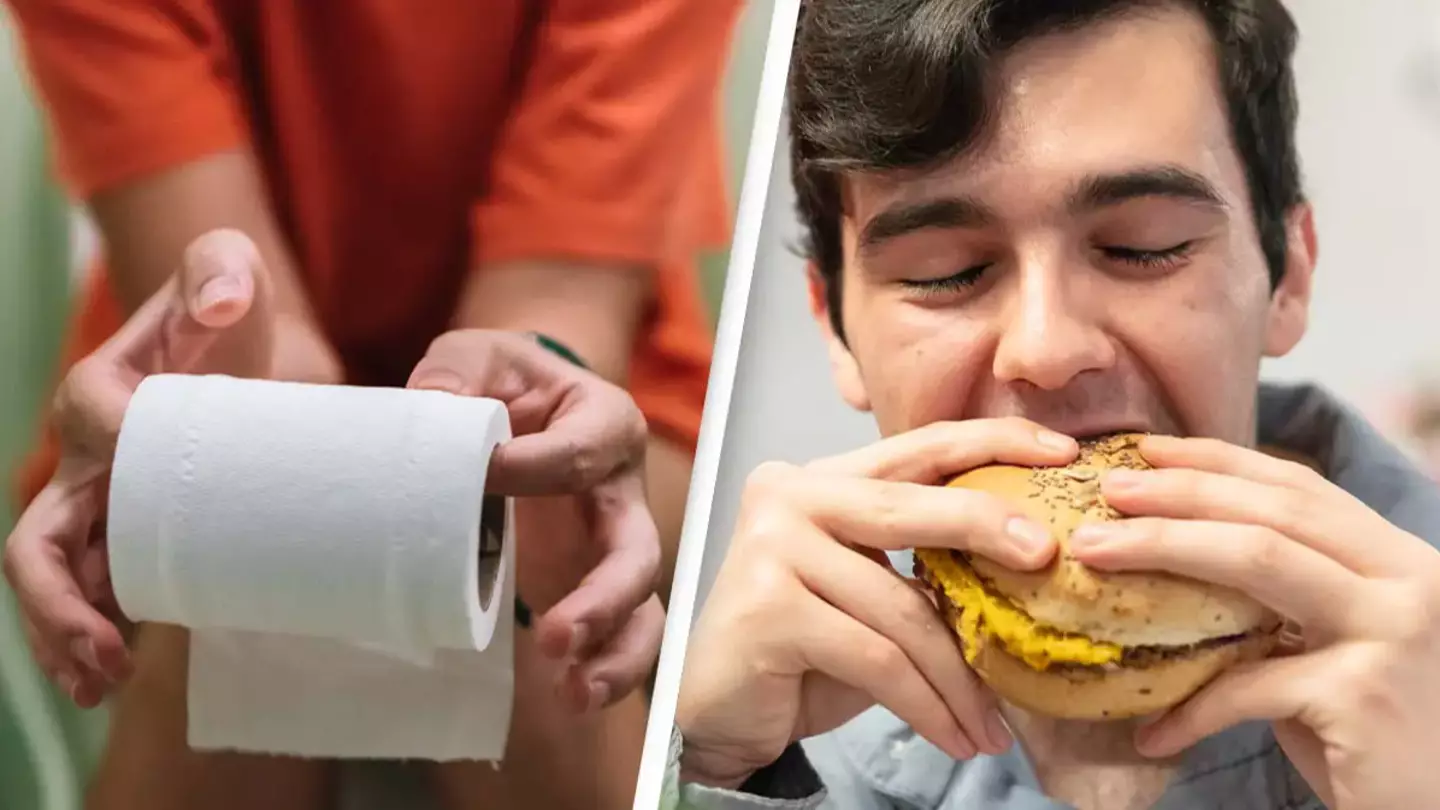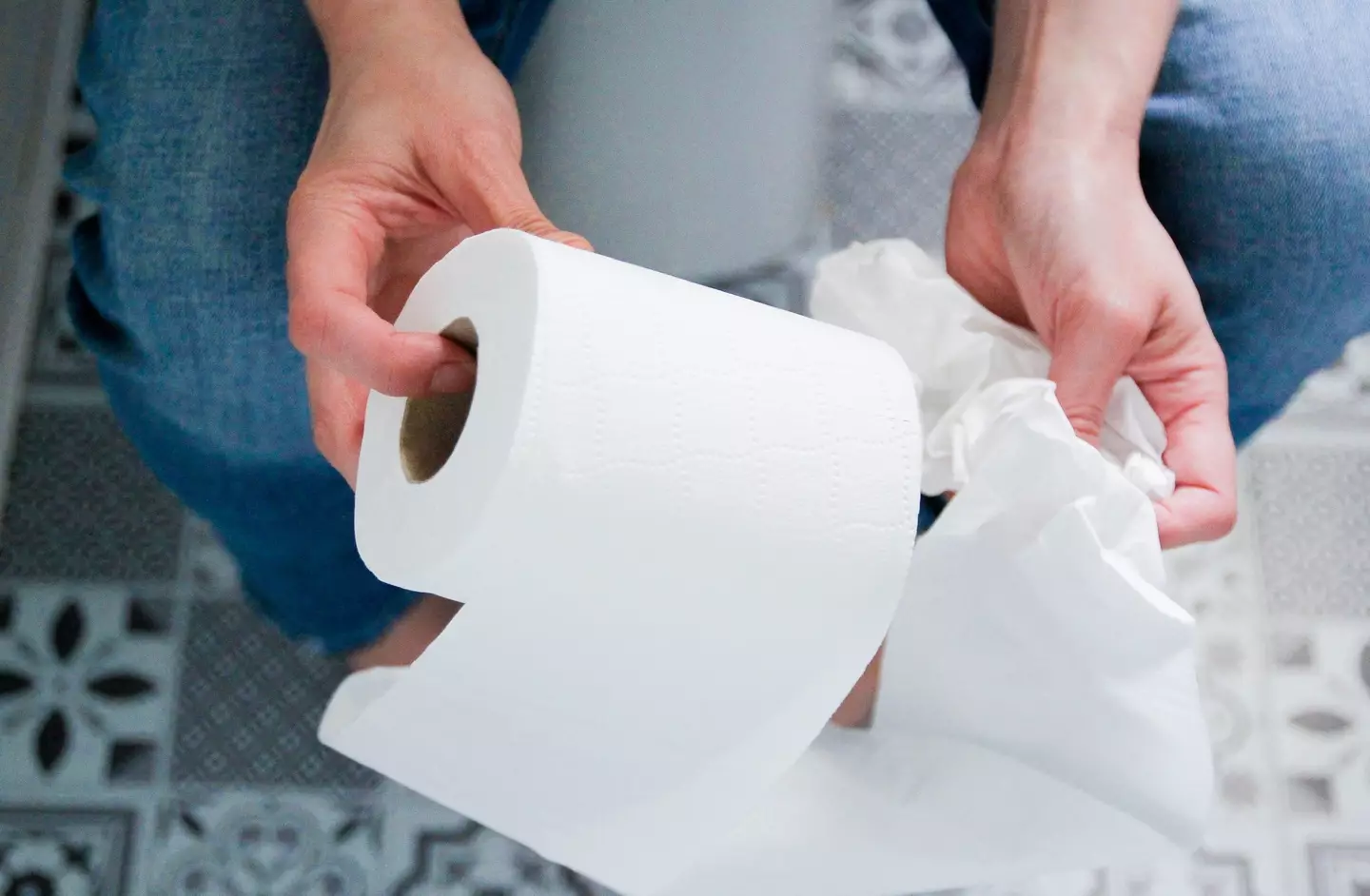A doctor has revealed what it means if you go for a number two straight away after eating food.
There's nothing like a good old bit of poo chat and while it may be a slightly uncomfortable one to talk about, it's something we all do, OK?
And if you've found yourself making a beeline to the toilet every time after you eat then 'you're not alone', according to one TikToking doctor.
How do you feel after a meal? (Getty Stock Image) What does it mean?
Board-certified gastroenterologist Dr Joseph Salhab took to TikTok earlier this year to reveal if you go for a number two straight after eating 'it's not because this food is moving instantly throughout your gastrointestinal tract'.
Instead, he explains: "When you eat and you feel like you have to use the restroom right after this is something called the gastrocolic reflex."
Heading straight to the loo after eating? (Getty Stock Image) What the gastrocolic reflex means
VeryWell Health states: "The gastrocolic reflex is a physiological reflex that stimulates movement in your lower gastrointestinal (GI) tract after eating.
"It isn’t a disease or medical condition, but rather a normal reflex that helps your body make room for more food within your GI tract after eating."
Dr Salhab breaks it down further, explaining 'your stomach stretches and then this sends signals to your brain which then sends signals to your colon'.
"Your colon then begins to contract to make more room for the food, that reflex makes you have to use the restroom right after you eat," he continues. "Because your colon normally houses stool and water, the stuff that's actually coming out is old digested food and water."
And there are some people who have a 'heightened sensitivity' to this reflex.
Foods can impact people's digestive systems differently (Getty Stock Image) Heightened reflex
People diagnosed with irritable bowel syndrome (IBS) can have a particularly sensitive gastrocolic reflex.
Cleveland Clinic notes IBS 'causes uncomfortable or painful abdominal symptoms' and 'constipation, diarrhea, gas and bloating are all common symptoms of IBS'.
Dr Salhab continues: "Certain people after they eat get really bad abdominal pain or cramping and even diarrhea because the contractions of the colon can be very powerful and very forceful."
However, there are certain things you can do to help ease your symptoms.
Advice
A low FODMAP (fermentable oligosaccharides, disaccharides, monosaccharides and polyols) diet helps you identify certain foods your gut may be sensitive too.
Dr Salhab also recommends potentially steering clear of 'carbonated beverages, alcohol, certain citrus foods, sometimes dairy as well and fried or fatty foods' - so anything that tastes great basically.
Although he adds there's no 'blanket', and that everyone's digestive systems are different, but the low FODMAP diet helps identify which foods are good or not for you.

 Poppy Bilderbeck
Poppy Bilderbeck

